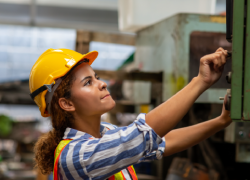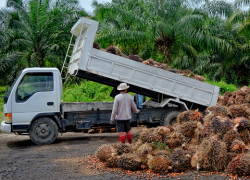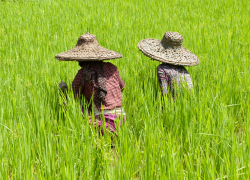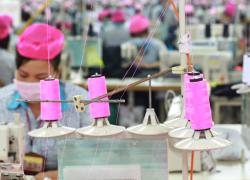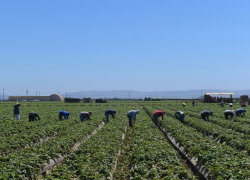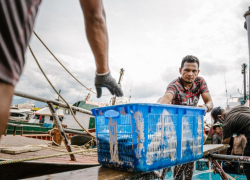For decades now, our Bureau of International Labor Affairs has focused on improving the lives of workers through our programming and policy work around the world. In that time, we and our grantees have sought to show the human face of labor – not as a cold input in production, but as part of the lived experience of workers worldwide.
For the past 27 years, a U.S. Department of Labor grantee, Escuela Nacional Sindical (the National Union School) in Colombia, has held a photo contest in Latin America to show the human faces of labor in the region. Over the years, they’ve amassed a stunning collection of portraits that convey the lived experiences and diversity of workers. We wanted to share a few of these portraits with you, while also outlining what ILAB is doing to lift up workers’ rights today and moving forward.
Advancing equity
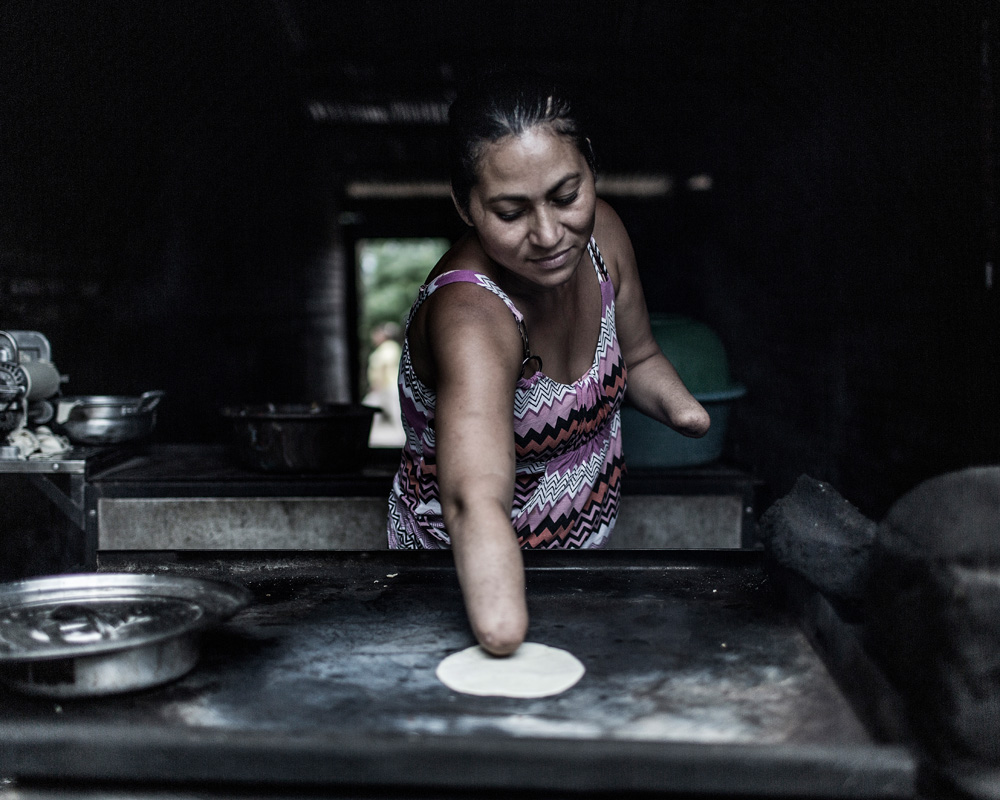
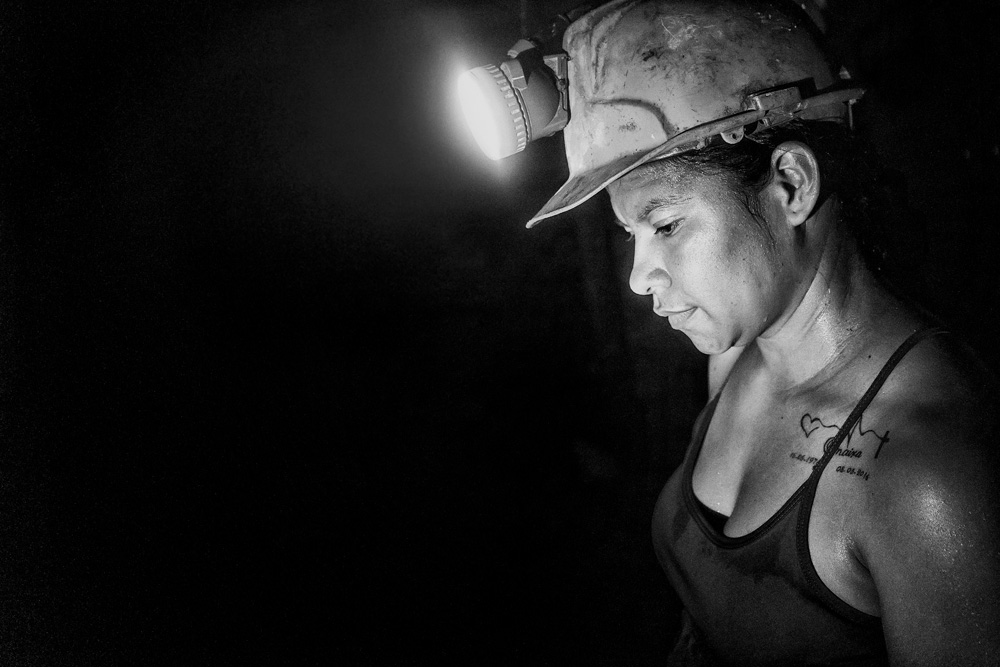
These are two of many in a collection of portraits of women at work. ILAB is committed to ensuring workers are treated equitably and that their rights in the workplace are respected regardless of gender, race, LGBTQ+ status or disability.
Whether it’s in multilateral forums or through bilateral exchanges, ILAB is advocating for equity in the workplace worldwide. We are supporting efforts by the Asia-Pacific Economic Cooperation, the International Labor Organization and G20 to increase respect for the labor rights and employment of persons with disabilities.
We are also helping implement President Biden’s Memorandum on Advancing the Human Rights of Lesbian, Gay, Bisexual, Transgender, Queer, and Intersex Persons Around the World, which includes engaging with the business community and multilateral organizations.
As part of our engagement with the business community to advance LGBTQ+ rights in the world of work, ILAB Associate Deputy Undersecretary Mark Mittelhauser recently spoke at a breakout session of the annual Out and Equal Summit to discuss our efforts to advance LGBTQ+ rights and learn from others’ efforts. This session included a representative from the Brazilian government’s labor prosecution office, which enforces LGBTQ+ persons’ labor rights, and a representative from a French NGO, L’Autre Cerle, which promotes LGBTQ+ inclusion in the workplace.
We also worked with the department’s Office of Disability Employment Policy and the U.S. Embassy in Montevideo, Uruguay, to coordinate a two-part webinar on engaging employers to promote the recruitment, hiring, retention and advancement of people with disabilities.
In Mexico, the department will soon announce the award of a $10 million project to increase the number of women in union leadership, strengthen protections, increase wages for women and reduce workplace gender discrimination and harassment.
Enforcing the labor provisions of our trade agreements more proactively and strategically than ever before will allow us to support our trade partners in their efforts to create equitable workplaces, while also building workers’ voice and power – including through the formation of independent and democratic unions. To that end, we recently launched a major multilateral initiative to support worker organizing and workplace democracy worldwide.
Ending child labor
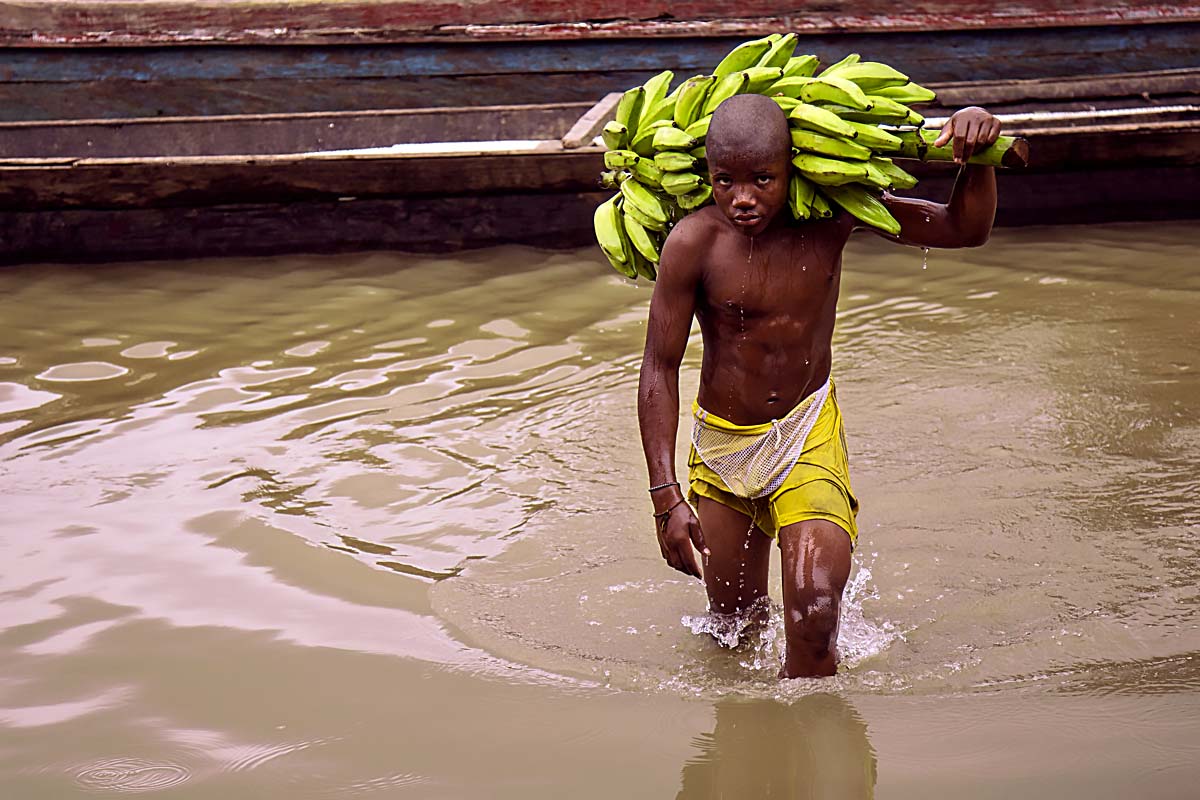
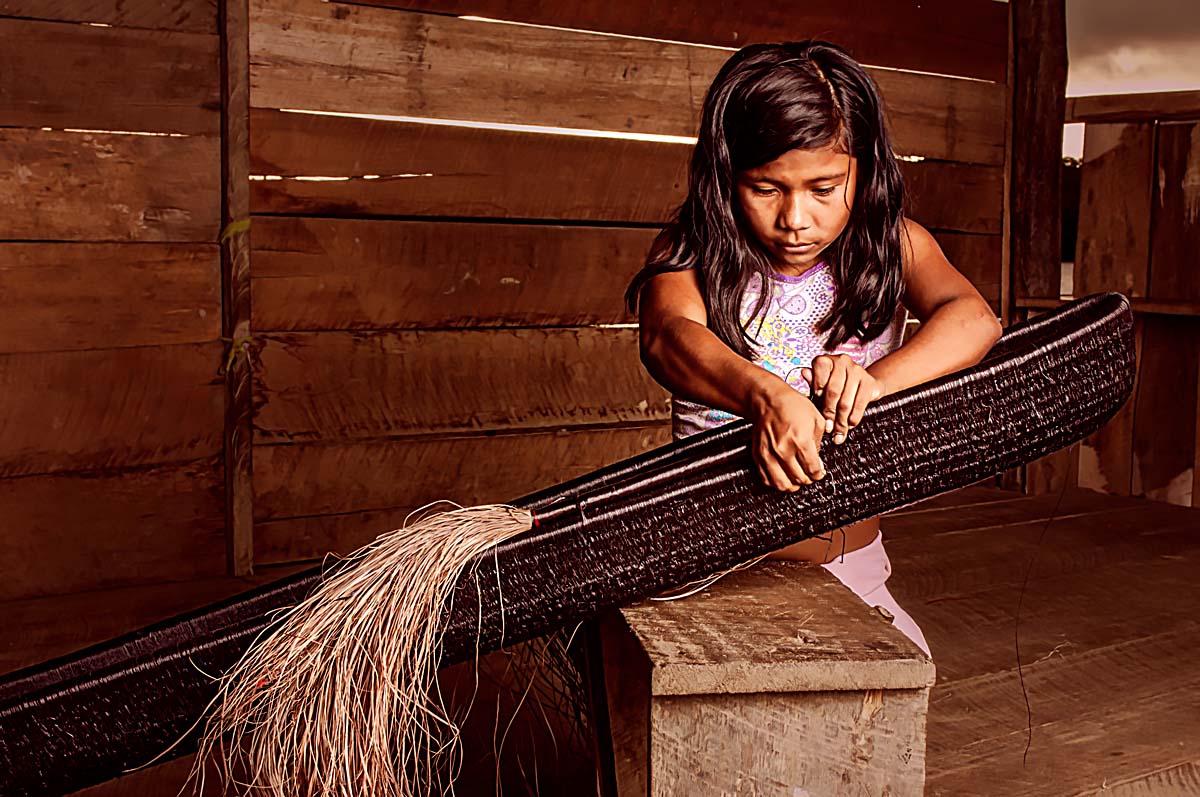
These photos depict the plight of child laborers the world over. Some 160 million children worldwide toil in child labor, 8.2 million in Latin America and the Caribbean. We're working to reduce poverty and child labor both in the region and worldwide.
Today, we have nearly $80 million in active programming to reduce child labor in Latin America and the Caribbean. One example, the Pilares project in Colombia, is supporting civil society organizations to more effectively detect and combat child labor and unacceptable working conditions in artisanal mines. Pilares forms networks of civil society organizations and empowers local communities to build grassroots movements. Collectively, these networks are improving working conditions and reducing the risk that children will be used in this harmful work.
We’re also building our capacity for supply chain tracing in 2022, when we will, for the first time, enable the downstream tracing of goods in our biannual List of Goods Produced by Child Labor or Forced Labor – a move we hope will increase corporate accountability for forced or child labor in global supply chains.
Improving protections for agricultural workers
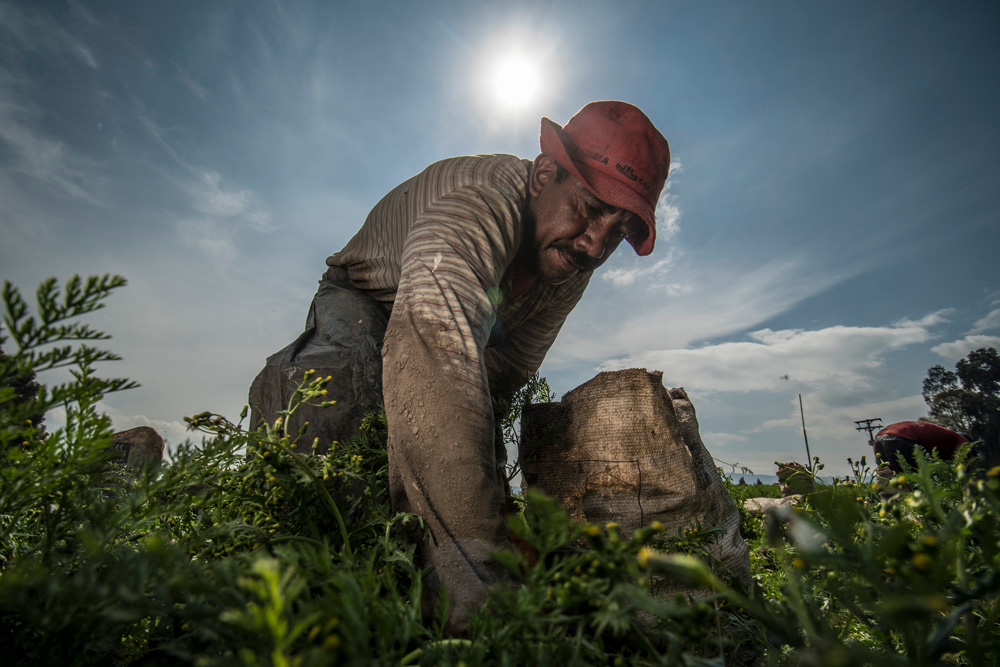
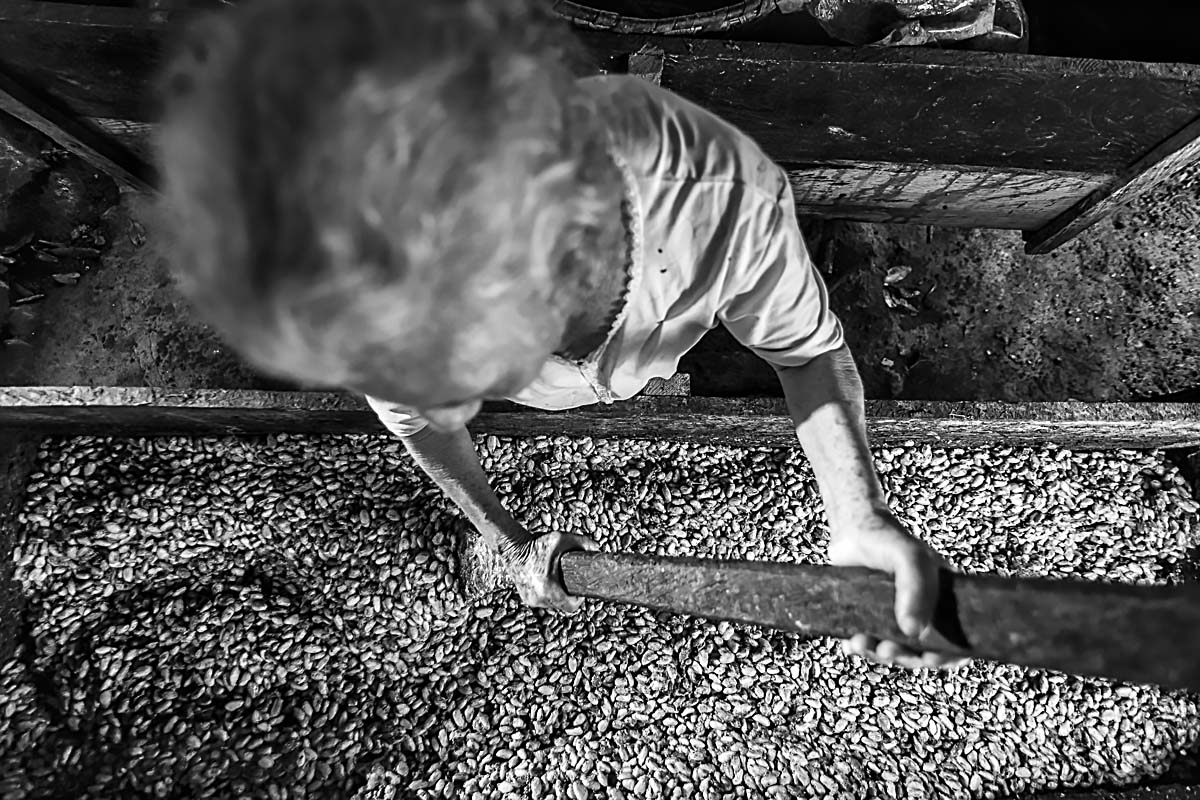
These photos offer a window into agricultural labor. Because much of agricultural work is in the informal sector, there are often scant protections against violations like forced labor, child labor, and unsafe and unhealthy workplaces. ILAB is working to change that through its programming in the agricultural sector.
In Mexico, for example, we will soon award two grants worth $12 million to combat child and forced labor in the tomato and chile pepper sectors. One project seeks to empower workers to advocate for eliminating forced labor and child labor in agriculture by increasing the use of worker protection mechanisms such as complaint channels in the Mexican states of Baja California, Baja California Sur and Chihuahua. The other project works with the private sector to combat labor abuses in Mexico’s tomato and chile pepper sectors’ supply chains.
Supporting labor rights in the palm oil sector
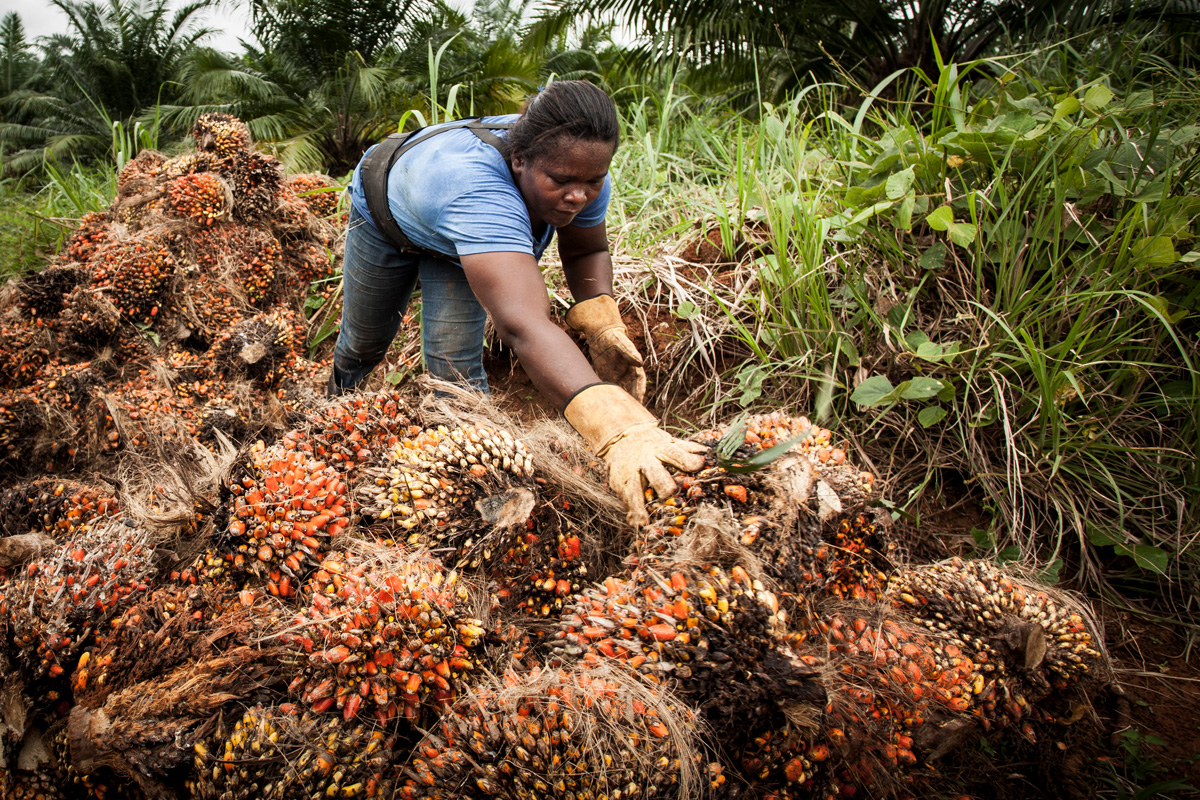
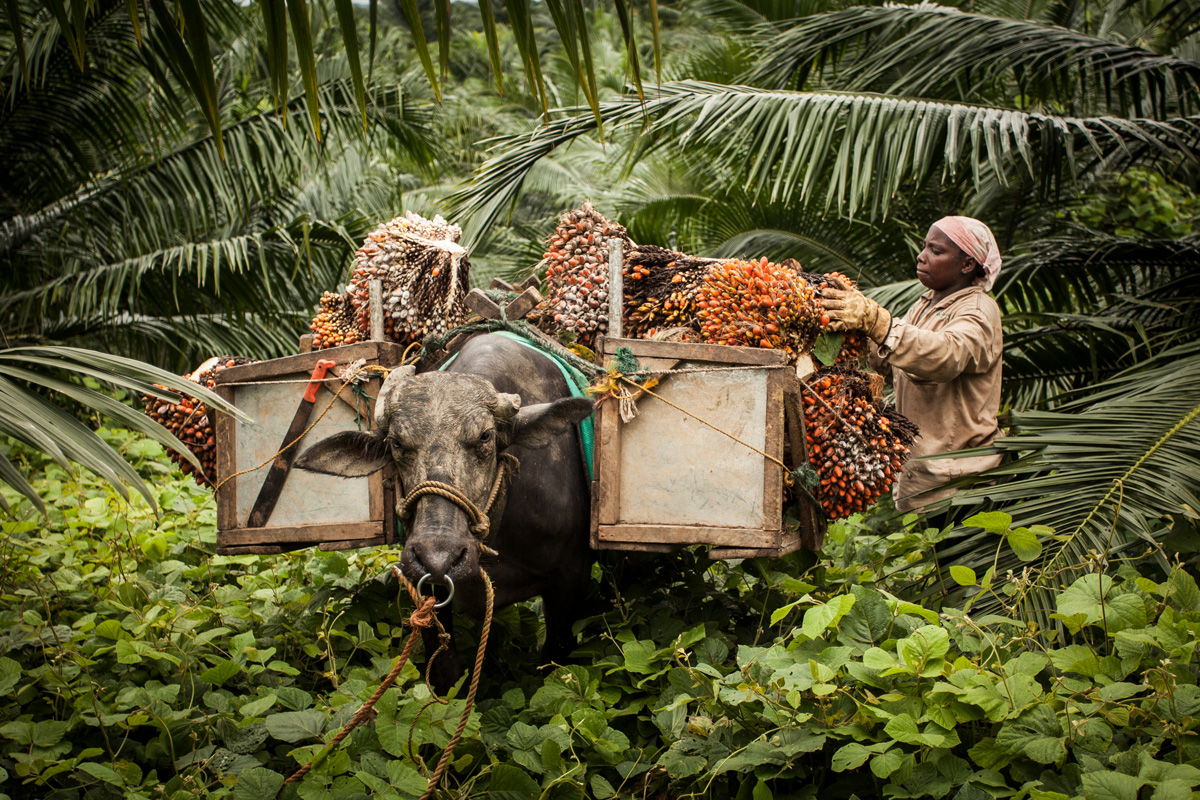
These photos highlight the palm oil sector in Colombia – one of five priority sectors identified in a Labor Action Plan associated with our free trade agreement with Colombia. Improving labor law compliance in these sectors (palm oil, sugarcane, cut flowers, mining and ports) remains an important priority under our trade policy engagement. Our ENS program operates in all five sectors by establishing Workers’ Rights Centers to provide counseling, legal consultation and training to workers and workers’ organizations. These centers help workers to better understand and exercise their rights in the workplace, and this in turn helps Colombia meet its commitments to the U.S.
We have another project in the palm oil sector in Colombia and Ecuador, Palma Futuro, which strengthens social compliance systems that promote acceptable conditions of work and address child and forced labor in palm oil supply chains. We are proud of our work in this sector, as palm oil is a key input in a number of globally traded goods – from cosmetics to foods to biofuels.
The Department of Labor is focused on empowering workers morning, noon and night. This means ensuring that workers, both at home and abroad, are protected and have opportunities for advancement and a voice. As ENS’s photos show, the world of work is vast – and there is much at stake in protecting workers’ rights both in Latin America and around the world.
To learn more about our programming abroad, visit our projects page.
Thea Mei Lee is the deputy undersecretary for international affairs. Follow ILAB on Twitter at @ILAB_DOL.

 U.S. Department of Labor Blog
U.S. Department of Labor Blog
